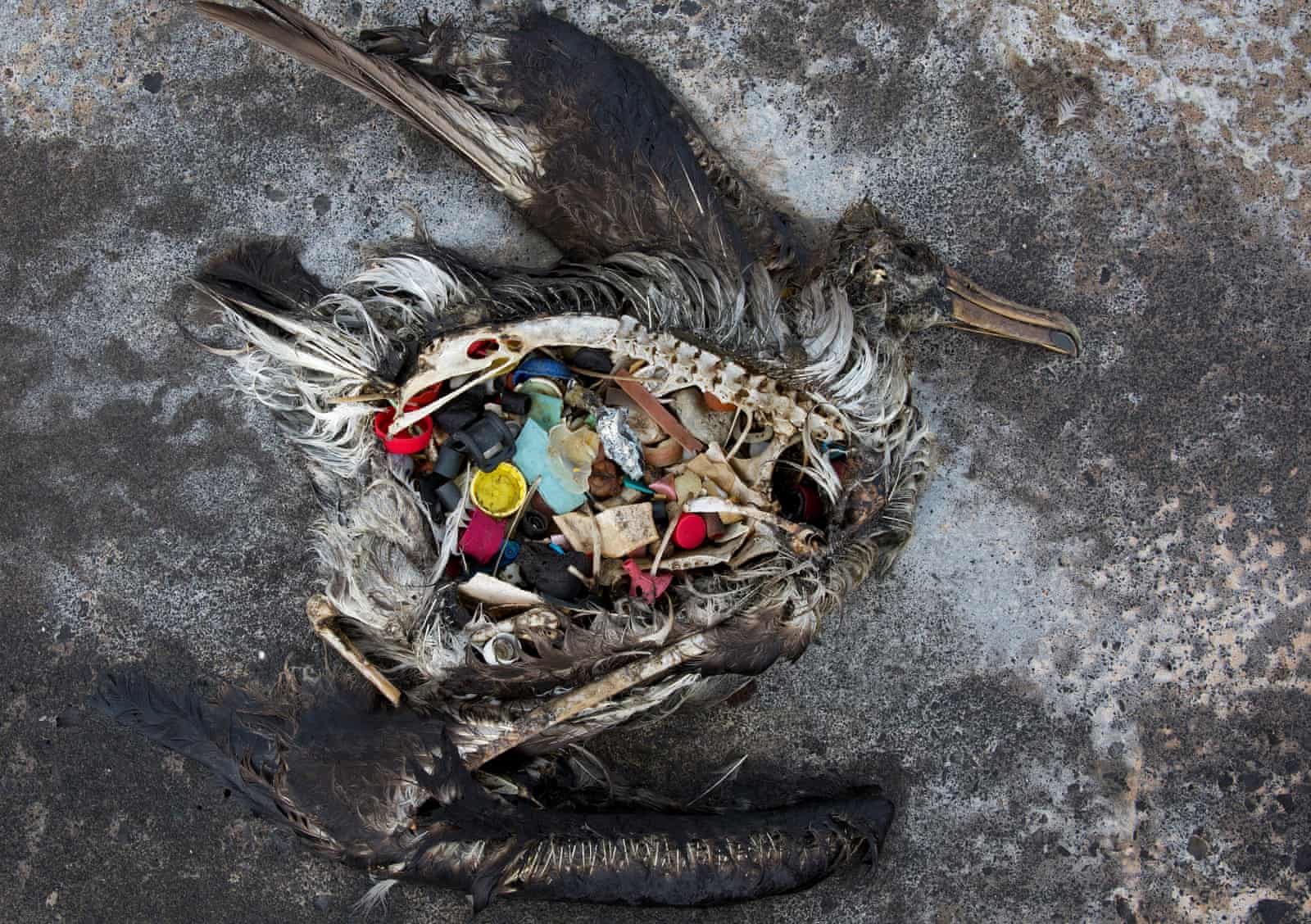|
Chemical |
Harm |
|
Cypermethrin
and deltamethrin |
Highly toxic
to fishes, bees, and aquatic insects. However, the chemicals are short-lived (generally
less than a month) and have low volatility in soils (NPIC). |
|
Chlorpyrifos |
Highly toxic to birds, bees, and aquatic life. Chlorpyrifos can remain in soils or surfaces for up to months and can be transported to long distances when eroded into water bodies, or bioaccumulated in animals (NPIC). |
|
Carbaryl |
Highly toxic
to earthworms, bees, and some aquatic life. Depending on the physical
conditions, carbaryl can take from days to months to break down completely.
While carbaryl is not as toxic as the previous chemicals, it is highly
volatile in soils and water surfaces (NPIC) |
|
Malathion |
Highly toxic
to bees, some beneficial insects, and some aquatic life. Its residence time and
volatility are like the carbaryl’s. However, malathion is also highly
volatile in the air (NPIC). |
Saturday, March 5, 2022
Coffee Farming: Pests begone
Pesticides are commonly used in conventional coffee plantations as farmers want to prevent infestations in their farms, which are costly and cumbersome to resolve. However, the reliance on pesticides can degrade the environment and be harmful to human health.
Pests come in the form of insects and fungal diseases. While the best way to combat fungi is prevention, removing moist or rotting elements (dead wood, overwatering etc.), and copper spraying, farmers typically use pesticides that contain a mix of cypermethrin, deltamethrin, chlorpyrifos, carbaryl and malathion to remove insects (Boyd, 2015).
The chemicals in the pesticides are harmful to the environment in the following ways:
In light of the impacts that these pesticides can bring to the environment, organic certifications (examples), have been introduced to promote sustainability in coffee farms. Surprisingly, despite the lack of pesticide use in organic coffee plantations, these plantations have a 6-15% less chance of being infested by pests. A director of an organic coffee farm, Juan Vargos, explained that such positive results were due to preventive measures, using composts and hard manual labour (Perfect Daily Grind, 2019).
Overall, pesticides undoubtedly pollute the environment. An option to reduce pollution can be to go organic. However, whether farmers opt to use pesticides depend on considerations like the cost and labour involved.
Subscribe to:
Post Comments (Atom)
Coffee to Go: Single use plastic straws
Guilty of using plastic straws for your chilled coffee? Even if you are not, many others are. Single-use plastic straws were found to be the...

-
Pesticides are commonly used in conventional coffee plantations as farmers want to prevent infestations in their farms, which are costly and...
-
Dairy milk tends to be the default option for white coffees. However, in 2019, there has been a 37% decrease in dairy milk consumers since t...
-
People who prepare their coffee from the beans usually get them prepackaged in a bag. Different brands of coffee sell their prepacked beans ...

No comments:
Post a Comment